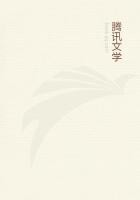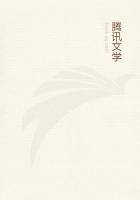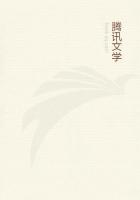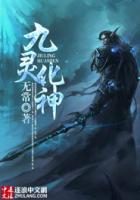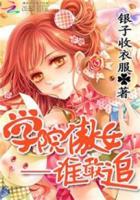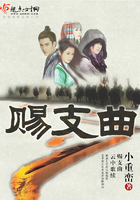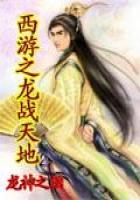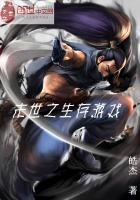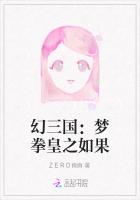The earliest recorded instance of the richer adornments of golden lettering on purple or rose-stained vellum is given by Julius Capitolinus in his life of the Emperor Maximinus the younger. He therein mentions that the mother of the emperor presented to him on his return to his tutor (early in the third century), a copy of the works of Homer, written in gold upon purple vellum.
The fugitive character, as before stated, of a great many of the colored inks, and indeed most of the black ones which were undoubtedly employed, is the principal reason why so few specimens of them remain to us. Those which have proved themselves so lasting in character as to be still extant, bear evidence of extreme care in the preparation of both the inks and the materials on which the writings appear. Perhaps one of the finest illustrations of this practice is to be found in a book of the Four Gospels of Italian origin, discovered in the tenth century (a work of the fourth century) and deposited in the Harlein Library.
This book is written in "Indian" ink and possesses magnificently embellished and illuminated letters at the beginning of each Gospel, which are on vellum stained in different colors.
St. Jerome calls attention to this class of books in a well-known passage of his preface to the Book of Job, also written in the fourth century, where he explains as translated:
"Let those who will have old books written in gold and silver on purple parchment, or, as they are commonly called, in uncial-letters,--rather ponderous loads than books,--so long as they permit me and mine to have copies, and rather correct than beautiful books."It has been said that the Tanno-gallate of Iron Inks (iron salts, nut-galls and gum) were first used in the fourth century. There is positively no credible authority for such a statement, nor is there a single monument in the shape of a documentary specimen of ink writing of that one or an earlier century made with such an ink in any public or private library and as far as known in existence.
About A. D. 390 the inspired writings (often termed pagan) of the classical countries, or at least the copies or extracts of them, upon a special search made by order of the Roman Senate, including those already mentioned as of the time of Tarquin (some nine hundred years earlier), were gathered up in Greece, Italy and other parts and destroyed, because, as we are informed, this Roman Senate had embraced the Christian faith and furthermore "such vanities began to grow out of fashion; till at last Stilicho burnt them all under Honorius (a son of Theodosius the Great), for which he is so severely censured by the noble poet Rutilius, in his ingenious itinerary."Not only Roman Arms the Wretch betrayed To barbarous Foes; before that cursed Deed, He burnt the Writings of the sacred Maid, We hate Althaea for the fatal Brand;When Nisius fell, the weeping Birds complained:
More cruel he than the revengeful Fair;
More cruel heth at Nisius' Murderer.
Whose impious Hands into the Flames have thrown The Heavenly Pledges of the Roman Crown, Unrav'lling all the Doom that careful Fate had spun."The destruction of Rome by Alaric, King of the Western Goths, A. D. 410, and the subsequent dismemberment of the entire Roman Empire by the barbarians of the North who followed in his wake, announced that ancient history had come to an end.
It may be truly said as well that the ending of the ancient history of the black and colored writing inks which began in the obscurity of tradition between 2000 and 1800 B. C., a period of some 2200 years, was also contemporaneous with these events.
The eclipse of ink-written literature for at least 500 of the 1000 years which followed, and known as the Middle or "Dark" Ages, except in the Church alone, who seem to have kept up the production of manuscript books principally for ecclesiastical and medical purposes was complete. Hence, any information pertaining to those epochs about ink, writing materials and ink writings, must be sought for in the undestroyed records and the ink writings themselves left by the fathers of the Church. All else is tainted and of doubtful authority.
* * * * * * * *
"When waned the star of Greece was there no cry, To rouse her people from their lethargy?
Was there no sentry on the Parthenon--No watch-fire on the field of Marathon, When science left the Athenian city's gate, To seek protection from a nameless fate?
The sluggish sentry slept--no cry was heard No hands the glimm'ring watch-fire's embers stirr'd.
Fair science unmolested left the land, That she had nurtured with maternal hand;And wandered forth some genial spot to find, Where she might rear her altar to the mind.
"Long thro' the darken'd ages of a world, Back to primeval chaos rudely hurled, She journey'd on amid the gath'ring gloom, A spectre form emerging from the tomb.
Earth had no resting place--no worshipper--No dove returned with olive branch to her:
Her lamp burned dimly, yet its flick'ring light, Guided the wanderer thro' the lengthen'd night.
Oft in her weary search, she paused the while, To catch one gleam of hope--one favour'd smile;But the dim mists of ignorance still threw, Their blighting influence o'er the famish'd few, Who deigned to look upon that lustrous eye, Which pierced the ages of futurity.
"For ten long centuries she groped her way, Through gloom, and darkness, ruin and decay;Yet came at last the morning's rosy light, A thousand echoes hail'd the glorious sight--Joy thrill'd the universe--one iningled cry Of exultation, pealed along the sky!
Science came forth in richer robes arrayed She trod a pathway ne'er before essayed;Up the steep mount of fame she fleetly pressed, And hung her trophies on its gilded crest."

